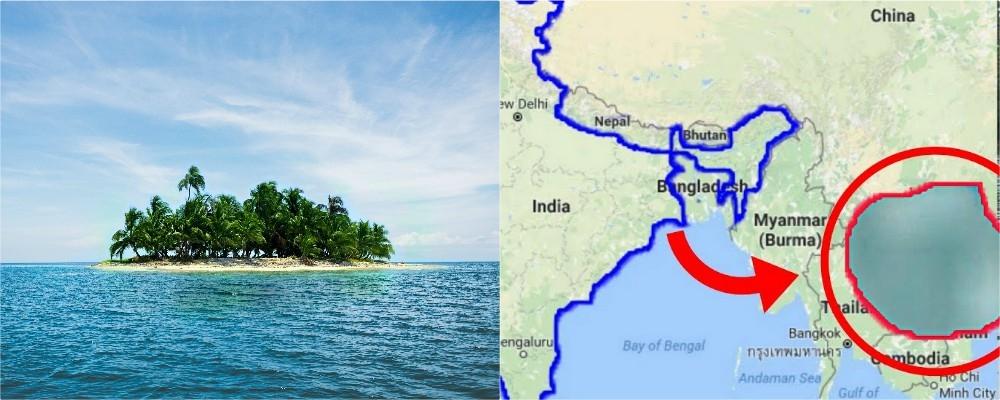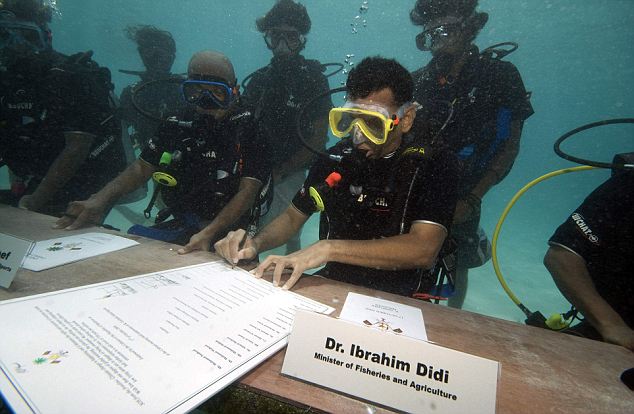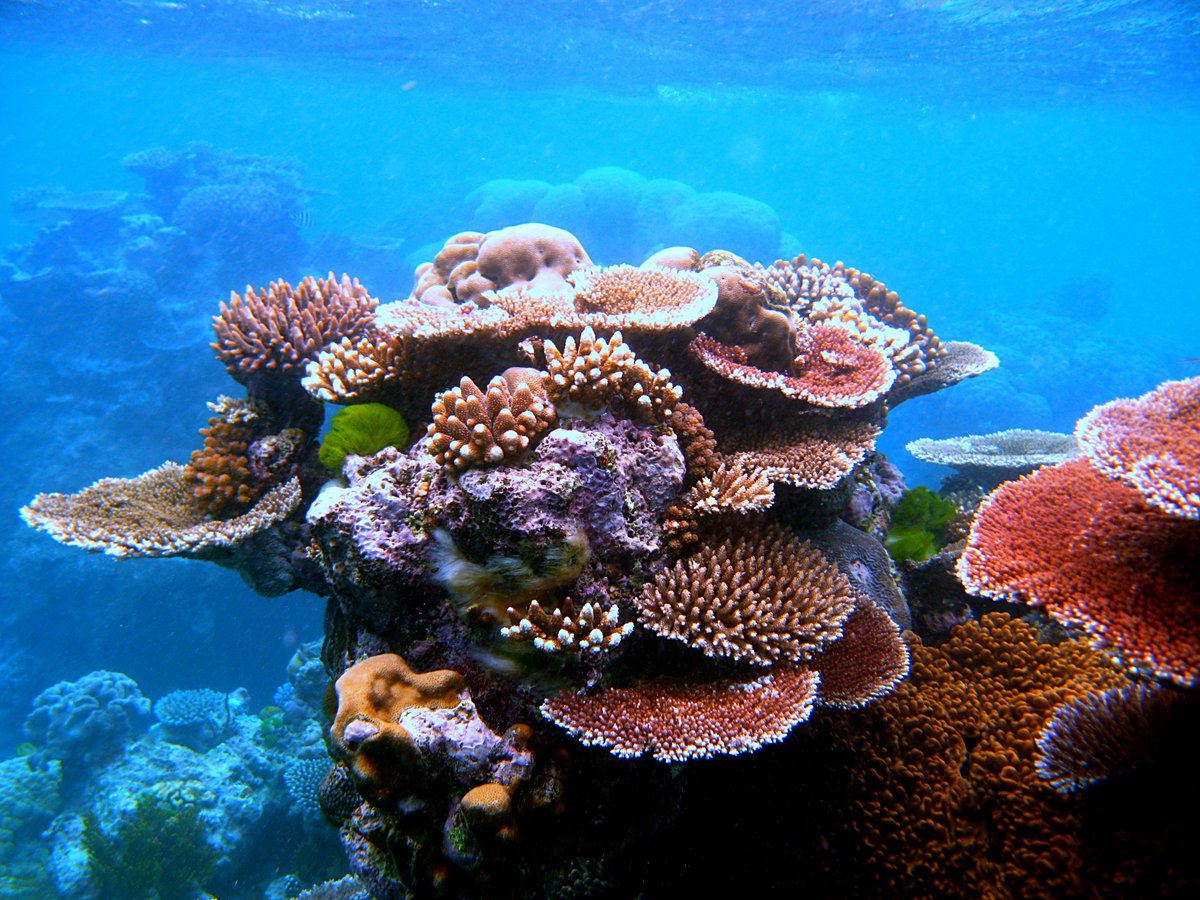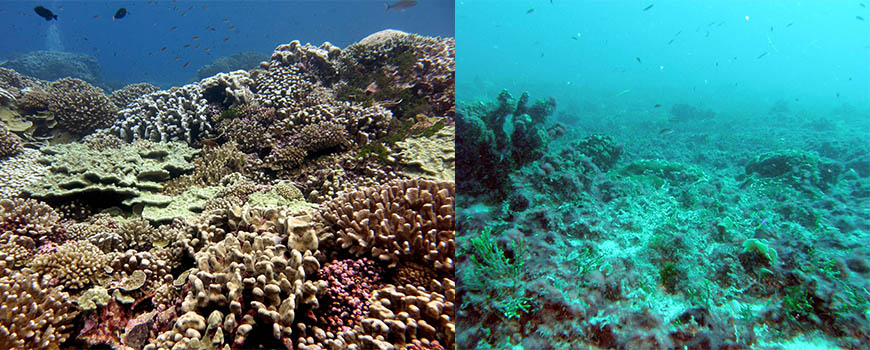5 reasons why we must start taking Global Warming seriously!
A thread https://abs.twimg.com/emoji/v2/... draggable="false" alt="⬇️" title="Pfeil nach unten" aria-label="Emoji: Pfeil nach unten"> https://amolmishraforreal.wordpress.com/2020/11/22/5-facts-that-gives-more-sense-to-global-warming-and-climate-change/">https://amolmishraforreal.wordpress.com/2020/11/2...
https://abs.twimg.com/emoji/v2/... draggable="false" alt="⬇️" title="Pfeil nach unten" aria-label="Emoji: Pfeil nach unten"> https://amolmishraforreal.wordpress.com/2020/11/22/5-facts-that-gives-more-sense-to-global-warming-and-climate-change/">https://amolmishraforreal.wordpress.com/2020/11/2...
A thread
Global warming is probably the most evident form of Climate Change.
Albert Gore, the Climate Activist and the Nobel Peace prize winner, stated Global Warming as an Inconvenient Truth, and the fact just makes more sense when we see great visionaries like Elon Musk envisioning the path of making humanity multiplanetary.
Creating a habitable zone on any neighbouring planet, though sounds like a difficult idea, it is said that it& #39;s the only hope to escape if any Global Catastrophe occurs.
““You want to wake up in the morning and think the future is going to be great - and that’s what being a space-faring civilization is all about. It’s about believing in the future and thinking that the future will be better than in the past.
And I can’t think of anything more exciting than going out there and being among the stars.”” – Elon Musk, Founder of SpaceX
An Inconvenient Truth!
The title was basically featured in one of the popular documentaries on Global Warming presented by Albert Gore.
The title was basically featured in one of the popular documentaries on Global Warming presented by Albert Gore.
One of the graphical data, as shown below, presented in the documentary clearly highlights the rise in Carbon dioxide (CO2) levels that have occurred in the last 50 years, which finds a direct and a clear correlation with the rapid industrialization during the time.
We have Drilled the Arctic Ice-cores!
These procedures, so far, made it possible to create a comparative graphical data of carbon dioxide levels of the past and the present. The highlight of the data is the steep rise of the carbon dioxide levels that occurred in the last 3-5 decades.
Glaciers are Melting!
The most obvious, and possibly the worst, outcome of Global warming is the melting of glaciers, in Arctic and Antarctic regions. The immediate consequence of the melting of glaciers is the rise in sea levels.
If you are happened to live somewhere on the inner lands, "mark yourself safe" because the places currently losing their fate in the hands of rising sea levels are the small islands and the ones located on a low altitude.
Solomon Islands, Maldives, Micronesia are few landscapes that are considered threatened due to rising sea levels. Some of the small islands have already disappeared from the world map.
A Disputed Island that got engulfed by Rising Sea Levels!
(Information Source: The Guardian ( https://www.theguardian.com/world/cif-green/2010/mar/24/india-bangladesh-sea-levels)">https://www.theguardian.com/world/cif... & Wikipedia ( https://en.wikipedia.org/wiki/New_Moor ))">https://en.wikipedia.org/wiki/New_...
(Information Source: The Guardian ( https://www.theguardian.com/world/cif-green/2010/mar/24/india-bangladesh-sea-levels)">https://www.theguardian.com/world/cif... & Wikipedia ( https://en.wikipedia.org/wiki/New_Moor ))">https://en.wikipedia.org/wiki/New_...
For nearly 30 years, India and Bangladesh ( https://www.theguardian.com/world/bangladesh)">https://www.theguardian.com/world/ban... have argued over control of a tiny rock island in the Bay of Bengal. Now rising sea levels have resolved the dispute for them: the island has gone.
South Talpatti or New Moore, was a small uninhabited offshore sandbar island in the Bay of Bengal, off the coast of the Ganges-Brahmaputra delta region. It emerged in the Bay of Bengal in the aftermath of the Bhola cyclone in 1970 and disappeared around March 2010.
THERE ARE MUCH MORE THINGS HAPPENING UNDERWATER THAN JUST SCUBA DIVING! ( http://readaddict.in/countries-that-will-disappear-due-to-global-warming/)">https://readaddict.in/countries...
I must say the Maldives is probably the only nation that set a bold example by creating the most remarkable environmental awareness campaign ever. The president of Maldives on October 17, 2009, conducted a cabinet meeting straightaway underwater.
Maldivian President Mohammed Nasheed led the meeting around a table on the seafloor, 20 feet (6 meters) below the surface, with ministers communicating using whiteboards and hand signals. The objective of the meeting was to highlight the threats of Global warming.
The meeting put forward the plea to all countries to cut down their carbon emissions.
With an average altitude of just 1.5 meters above sea-level, Maldives becomes the lowest-lying nation on Earth. It certainly makes its landmass prone to the consequences of rising sea levels.
With an average altitude of just 1.5 meters above sea-level, Maldives becomes the lowest-lying nation on Earth. It certainly makes its landmass prone to the consequences of rising sea levels.
Predicting the future of its nation, the president of the Maldives has already purchased lands near Sri Lanka, India, for creating new homes for relocation.
He specified in an interview that if the carbon emission does not slow down its pace, his country will surely fall victim of the rapidly changing climatic conditions.
Species on a count-down!
Not every creature on Earth can adapt to ever-changing climatic conditions. In fact, some species cannot tolerate even the slightest change in temperature.
The one that received the most attention is the Polar bears, found either clinging to a diminishing iceberg or standing on one of many broken ice-sheets.
But there are many other creatures as well, some are tiny yet essential enough to play a major role in monitoring and maintaining the ecosystem. One such is Corals!
Corals are the tiny creatures found in large water bodies. They are known to build strong structures called Coral reefs, the most popular of which is The Great Barrier Reef in Australia. Corals mostly function to provide food and shelter to many marine organisms.
What effect does the Climate Change leave on Coral ecosystems?
Climate change is known to have a dramatic effect on Coral ecosystems. We think of trees and other terrestrial plants as the largest "sequesters" (absorbs) of Carbon Dioxide on Earth.
But the fact most of us are unaware of is its the tiny planktons inside the Oceans and Seas, that acts as a massive sink, absorbing tons of carbon dioxide everyday.
Although such sequestration process manages to slow down the effects of Global warming, it is drastically affecting the chemistry of oceans & seas. Rising temperatures are known to cause so-called mass coral bleaching events.
Making the bleaching events worse is the addition of carbon dioxide into the oceans through sequestration which alters the marine water chemistry and leads to a decrease in pH, eventually reducing the calcification rates in reef-building organisms.
Scientific studies have provided enough shreds of evidence that Climate change has become undeniably the greatest global threat to Corals ecosystems. It is believed that the Corals are on the verge of extinction!
Final Word!
This brings me to the end of this article. I spend an hour at least every day fretting over how unsustainable our lifestyle has become. Most of us still prefers to dump the fact that Climate Change is real.
For years people have been trying to fathom out how climate change will reshape the future of the Earth (of course not in a good way).
Now it& #39;s time that each of us must rethink our lives, and adapt a sustainable lifestyle. As a responsible individual of a nation we need to think beyond economy building and infrastructure development.
Though we have proved ourself to be the most superior beings of this planet, it is vital, and ethical, to understand that at the end we are just another being of this planet, and there are other tiny-big lives as well that matters to this planet!
This thread can be read here: https://amolmishraforreal.wordpress.com/2020/11/22/5-facts-that-gives-more-sense-to-global-warming-and-climate-change/">https://amolmishraforreal.wordpress.com/2020/11/2...

 Read on Twitter
Read on Twitter






